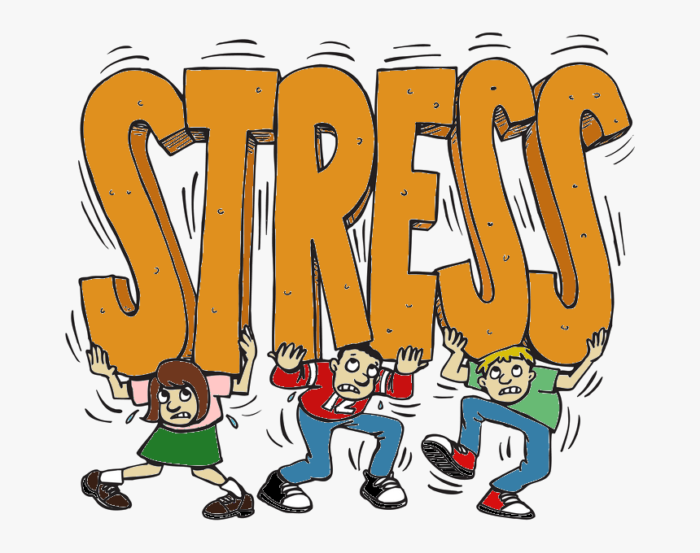
Q: What should I do when I’m extremely stressed?
X REPLIES: There are endless ways of dealing with stress. Here are a few options:
Exercise—While exercising, you can focus on what you’re doing with your body, which helps free your mind from other worries. You don’t have to be an athlete, even something as basic as walking for half an hour can help you relax and improve your mood.
Take a Break— Sometimes your tired brain is just craving a little time off from your busy day. Stop what you’re doing, and find a quiet spot where you can put your feet up.
Meditation—Meditation involves sitting still in a quiet place, focusing your thoughts on your breath or a slow chant, and trying to be aware of what is going on in the present moment instead of stressing about the past or freaking out about the future.
Journaling— If you enjoy writing, this can be a good way to de-stress. Write down what’s been happening daily, and how you feel about it.
Sleep— I know this is the most difficult thing that teens are facing. Teens in our culture are often sleep-deprived daily, and even just a few nights in a row of not-enough-sleep can make you feel irritable and nervous. It’s important to have more sleep around this time in our lives as it will help us with our growth in the long run.
Q: How can I overcome challenges in school when I am shy/have anxiety?
Y RESPONDS: In life, there are many challenges that we have to face. It can be pretty difficult to face those obstacles when you are shy or have anxiety. Luckily, there are ways that you can overcome these this challenge.
- Engage in Conversations: You can try to make small talk with your classmates. Plus, you can always talk to your teachers and guidance counselor to get more advice and to seek help.
- Understand your Strengths: Remind yourself about all the positive qualities that you possess. Use those qualities to help you in your challenges.
- Don’t beat yourself up for the smallest thing: Just because you may have messed up once, doesn’t mean that every challenge that you face will end up in the same fashion. Take each step and decision you make with care, and little by little anxiety should fade.
- Don’t overthink situations: Don’t immediately feel rejection or disapproval when there aren’t any clear signs of it.
- Stand up and face the situation: Sometimes the best thing that we can do is to tackle the problem head on, even though it can frighten us at times.
- Make a list: Write down anything that worries you, and plan various ways that you can overcome it.
Remember to not put yourself down. Keep on persevering and act confidently in your choices.
Q: How can I write essays about myself when applying for programs and colleges that sound passionate & interesting?
Z SAYS: Writing a personal statement is up there as one of the most dreaded stages of applying to universities. It’s hard to decide (a) on a topic that will make colleges specifically choose you, and (b), how you should approach this topic. Below are a few ideas on how to get started:
1- Start your personal statement with a memorable opening. To stand out and impress universities, you should try to begin with something surprising and memorable.
2- Be creative with your language. Be wary of certain words and phrases that are very overused. Avoiding these terms is a subtle yet effective way of standing out. Some common words and phrases to avoid in personal statements include ‘passionate,’ ‘like,’ ‘I couldn’t put into words,’ and ‘firstly/secondly/finally.’
3- Avoid quotes and cliches. 4,000 characters might sound like a lot, but each one is precious in a personal statement. Any characters spent quoting other people or using unoriginal phrases are ones which could have been used to explain why universities should offer you a place in their incoming freshman class.
4- Write a confident ending to your personal statement. Just as you need a good opening to your personal statement, it’s super important to make an impact with your ending. You should aim to make a lasting impression and finish it on a positive note. Universities want to see how you have grown as an individual.
5- Write several drafts of your personal statement. You’ll need to be prepared for a pretty long cycle of reading, editing, and rereading your personal statement until you’re ready to submit it—but honestly, it is worth the wait.The more time and effort you put into it, the better it will be. Don’t worry about making the first draft perfect.
Good luck with writing your personal statement. It maybe a tough ride but it will definitely be worth it at the end.

